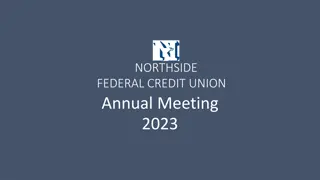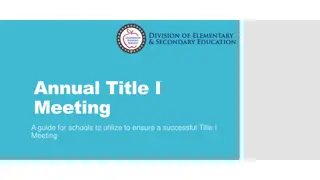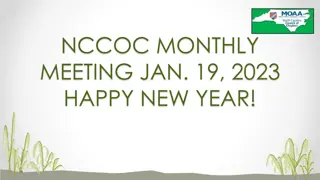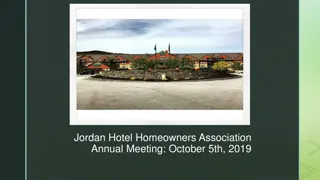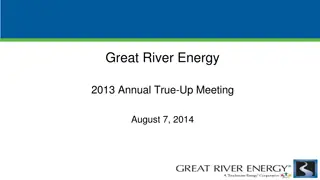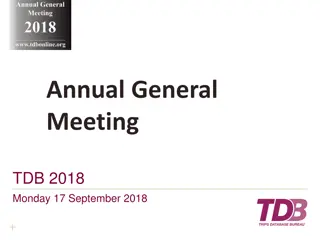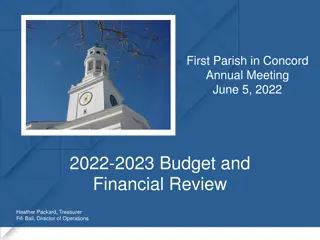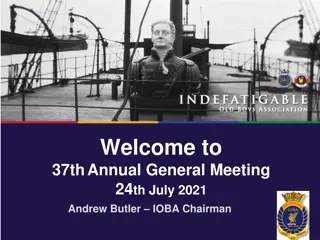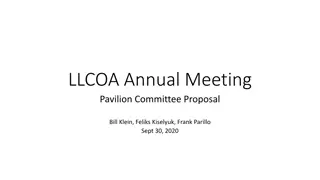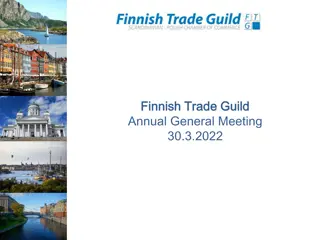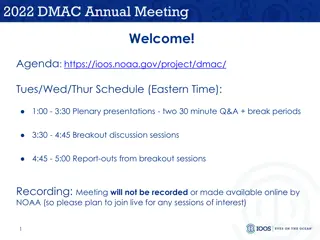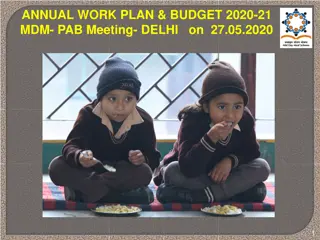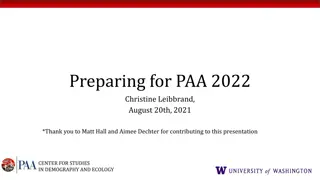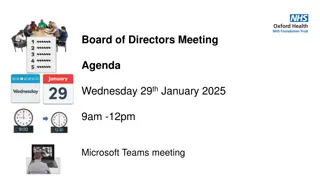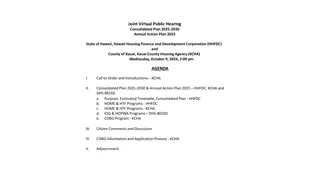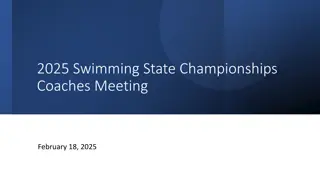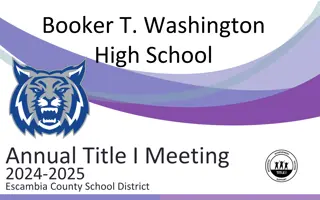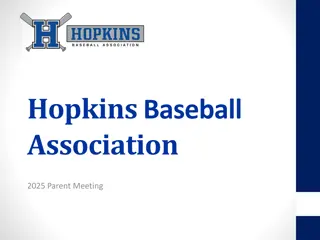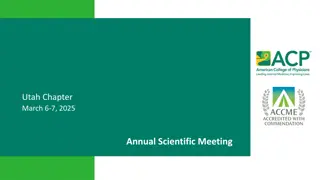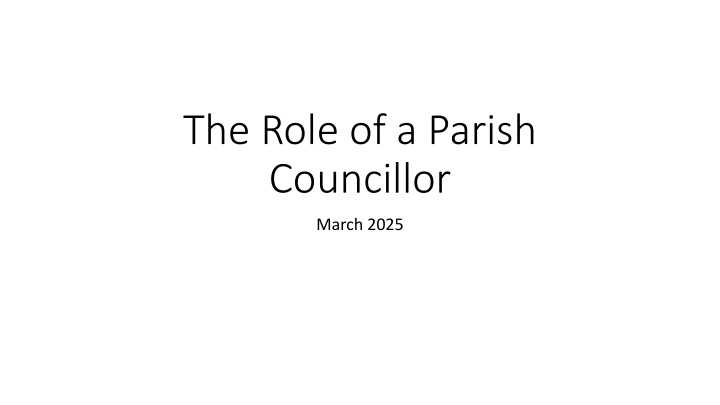
Understanding the Role of a Parish Councillor and Council Operations
Explore the responsibilities of a parish councillor, including representing residents, managing local services, influencing development policies, and more. Learn about the funding sources for parish councils and the structure of council committees.
Download Presentation

Please find below an Image/Link to download the presentation.
The content on the website is provided AS IS for your information and personal use only. It may not be sold, licensed, or shared on other websites without obtaining consent from the author. If you encounter any issues during the download, it is possible that the publisher has removed the file from their server.
You are allowed to download the files provided on this website for personal or commercial use, subject to the condition that they are used lawfully. All files are the property of their respective owners.
The content on the website is provided AS IS for your information and personal use only. It may not be sold, licensed, or shared on other websites without obtaining consent from the author.
E N D
Presentation Transcript
The Role of a Parish Councillor March 2025
Role of a Parish Councillor 1 Is to represent the views of all residents within the parish. Is to take responsibility for running local services. Is to decide on how much to raise through the council tax precept in order to deliver the Council s services. Is to influence and shape the long-term development policy for the parish and, as part of the planning process, comment on planning applications within the parish. To use the Neighbourhood Plan to influence new development. Is to listen to the advice and guidance from the Parish Clerk to ensure that the Parish Council fulfills its legal requirements.
Role of a Parish Councillor 2 Is to work to identify issues that are important to the lives of the residents you represent. Is to work to bring about improvements through local projects, lobbying other service providers and working in partnership with other parishes and agencies. Is to respond to local community groups requests for financial support through grant funding. Is to be a good employer. Is to understand and follow the Parish Council s policies and procedures. Is to act as the eyes and ears of Wiltshire Council.
A Parish Councillor Is responsible to - All people resident within the Parish. Is in regular liaison with - Other councillors, Parish Clerk, Local Authorities, residents. The Period of service is - Four years. Salary - This is a voluntary position with some expenses able to be paid in certain cases. Individual Parish Councillors cannot make decisions on behalf of the Council, all decisions are made collectively at a Parish Council meeting. The Parish Council is non-party political.
How the parish council is funded In simple terms there are two pots of money: Parish council precept which covers the running costs of the council. This is part of the Council Tax paid to Wiltshire Council; and Community infrastructure Levy (CIL) this comes from developers who build new properties within the parish. 75% goes to Wiltshire council and 25% to the parish council; to fund infrastructure to support the new houses and the area around them.
Parish Council committees Committee meetings are open to the public and all documents are available online. There currently are three committees: Finance; Strategic Planning; and Human Resources.
Parish Council Working Groups Working groups work on specific topics. Their output is presented to the main council at the regular full council meetings and is then available to the public. There are currently five working groups: Highways, Transport and Road Safety; Engagement and Participation; Climate Emergency and the Environment; Footpaths and Rights of Way; and Play provision.
The Parish Council is also involved with Calne Area Board The board is comprised of 5 unitary Councillors and representatives from the Town and Parish councils. The board s focus is to bring some decision making back to local areas; also to discuss issues of local significance and receive updates from the Emergency Services and NHS. It has a budget to allocate grants to groups and organisations within the area. A secondary objective is to inform the parish councillors of activities occurring within the area which might impact our residents. Local Highways & Footway Improvement group (LHFIG) This is a sub-group of the Calne Area Board specifically dealing with highways issues. National Cycle Route 403 Cross Council Working Group Aims to improve the cycleway between Chippenham, Calne and Avebury.
Data Protection, Freedom of information, Confidentiality etc. Data protection training is provided Confidentiality Respect confidentiality as required, be aware Parish Council meetings are open to the general public. The Clerk will advise on Freedom of Information requests and will ensure the Council is fulfilling its legal requirements.
Practical Issues The council meets on the second Monday of the month, ten times a year (no meetings in January or August) between 7.30 9.30 pm. Venue for meetings Lansdowne Hall, Petty Lane, Derry Hill. The inaugural meeting of the Derry Hill and Studley Parish Council will be on Monday 12thMay 2025. Communication between Councillors and the Clerk is generally via e- mail and Teams . ( Teams training will be provided.) Most Councillors follow the proceedings at meetings with the aid of their lap top, I-pad or tablet or on their phones the Lansdowne Hall s WiFi code will be provided.


